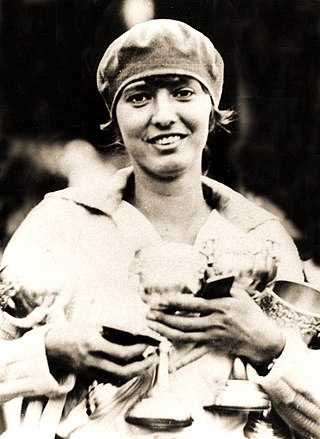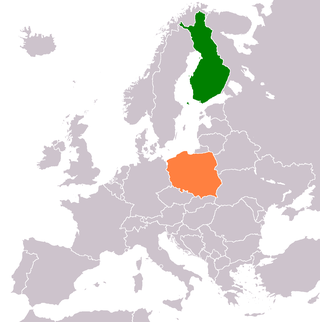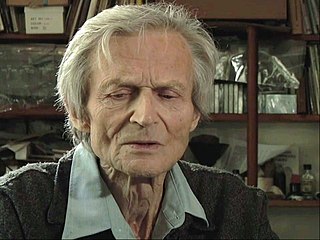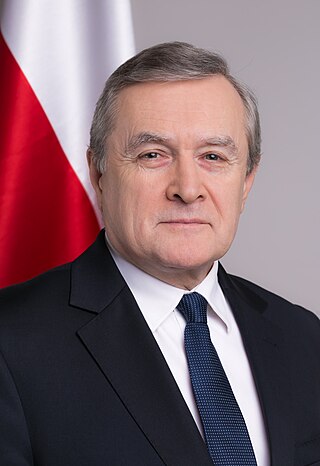Career
Nowicki graduated of the Faculty of Environmental Engineering at the Warsaw University of Technology (1964). He commenced employment as researcher at the Polish Academy of Sciences (1964–1970) and then at the Warsaw University of Technology (1970–1986). In 1972 he obtained doctor degree and in 1976 qualified as the assistant professor in the field of atmospheric protection. In 1992 President of the Republic of Poland awarded Professorship to Dr. Maciej Nowicki.
In the period of 1989–1991 performed function of deputy minister at the Ministry of the Environmental Protection,Natural Resources and Forestry and from 1991 the Minister of the Environmental Protection,Natural Resources and Forestry in the Cabinet of Prime Minister Jan Krzysztof Bielecki.
In 1992,Professor Maciej Nowicki established the Eco-Fund Foundation and held the Presidency there until October 2007.
In 1994–1995 Deputy Chairman of the United Nations Commission on Sustainable Development.
In 1996–1997 Adviser to the Secretary-General of the Organisation for Economic Co-operation and Development (OECD).
His other prominent functions include:membership in the European Academy of Sciences and Arts in Salzburg;Poland's Representative to the European Commission (European Economic and Social Committee's Consultative Commission on Industrial Change (CCMI));membership in the "Man and Environment" Scientific Committee of the Polish Academy of Sciences and membership in the State Council of Environmental Protection.

The Polish złoty is the official currency and legal tender of Poland. It is subdivided into 100 grosz (gr). It is the most-traded currency in Central and Eastern Europe and ranks 21st most-traded in the foreign exchange market.

Milicja Obywatelska, known as the Citizens' Militia in English, was the national police organization of the Polish People's Republic.

Ferdynand Antoni Ossendowski was a Polish writer, explorer, university professor, and anticommunist political activist. He is known for his books about Lenin and the Russian Civil War in which he participated.

Halina Konopacka was a Polish athlete. She won the discus throw event at the 1928 Summer Olympics, defeating American silver medal winner Lillian Copeland, breaking her own world record, and becoming the first Polish Olympic champion. After retiring from athletics she became a writer and poet. She immigrated to the United States after World War II, and died there.

Gerard Ciołek was a Polish architect, as well as a leading historian of parks and gardens.

Marceli Handelsman (1882–1945) was a Polish historian, a Warsaw University professor, medievalist, modern historian, and historical methodologist.

Dariusz Szwed is a Polish politician, feminist, activist and expert on green economy and sustainable development. He is one of the trustees of the Green Institute Foundation and the chair of its Programme Council.

Indo–Polish relations are the bilateral relations between the Republic of Poland and the Republic of India. Historically, relations have generally been friendly, characterised by understanding and cooperation on an international front.

Finland–Poland relations refer to bilateral relations of Finland and Poland. Both countries are members of the European Union, NATO, OECD, OSCE, Council of the Baltic Sea States, HELCOM, Council of Europe and the World Trade Organization. Both countries established diplomatic relations on 8 March 1919. Finland strongly supported Poland's the European Union membership during the latter's accession process. Poland strongly supported Finland's NATO membership during the latter's accession process.

Andrzej Grzegorczyk was a Polish logician, mathematician, philosopher and ethicist. He was noted for his work in computability, mathematical logic and the foundations of mathematics.

Vistula University is a non-public university based in Warsaw, Poland. It was established in 1991 as the University of Insurance and Banking. In January 1992, it was entered in the register of non-public higher education institutions of the Ministry of National Education and Sport under number 2. It achieved its current status through dynamic development and merger with other non-public higher education institutions. Currently, Vitula University together with the Vistula School of Hospitality form the main pillars of the Vistula Group of Universities. In 2019, Aleksander Gieysztor Academy of Humanities in Pułtusk became one of its branches. In the Perspektywy 2024 ranking, it is ranked 4th among the best non-public universities in Poland. Vistula University students come from over 100 countries.
Leszek Gondek ) was a Polish lawyer, historian, essayist, and writer specializing in 20th-century European and Polish history. He was a professor at the Gdansk University of Physical Education and Sport.

Piotr Tadeusz Gliński is a Polish sociologist, professor, university lecturer and politician. He served as president of the Polish Sociological Association from 2005 to 2011. He was the nominee of Law and Justice for Prime Minister of Poland in 2012 and again in 2014. In the cabinet of Beata Szydło, he served as the First Deputy Prime Minister and the Minister of Culture and National Heritage. He continues to serve in his Ministry in the government of Mateusz Morawiecki.

Major Wacław Kopisto a.k.a. Wacław Jaworski, nom de guerreKra was an officer of the Polish Army in interwar Poland, infantry captain, and an underground soldier of the elite Polish Cichociemni unit during the occupation of Poland in World War II.
Krzysztof Ryszard Miszczak – Polish scientist, political scientist, Germanist, sinologist, professor extraordinarius, diplomat.
Tadeusz Maciej Jaroszewski (1930–1988) was a Polish Marxist philosopher and religious studies professor of humanities, in the years 1976–1981 director of the Institute of Philosophy and Sociology PAN
Stanisław Michał Pawlak is a Polish international law scholar and diplomat, ambassador of Poland to Canada (1978–1983), Syria (1996–2001), permanent representative to the United Nations (1989–1991), and judge of the International Tribunal for the Law of the Sea (2005–2023).

Krzysztof Kamil Gawkowski is a Polish politician, political scientist and writer. Member of the Sejm for the 9th and 10th parliamentary term, chairman of The Left's parliamentary club (2019-2023), vice-chairman of New Left, from 2023 Deputy Prime Minister of Poland and Minister of Digital Affairs in Donald Tusk's third cabinet.
Maciej Daniel Wojtkowski is a Polish physicist, specializing in physical optics and medical applications of optics, and founder and director of the International Centre for Translational Eye Research (ICTER) in Warsaw, Poland.

The Fort M-Che, also known as Fort Mokotów-Czerniaków, and Fort Odyńca, was a fort which was a part of the inner circle of the series of fortifications of the Warsaw Fortress. It was built in 1892 by the Imperial Russian Army, in what is now the neighborhood of Wierzbno, in the city of Warsaw, Poland, located near current Czeczota Street and Odyńca Street. It was demilitarized and abandoned in 1909, and deconstructed in the 1920s.
















